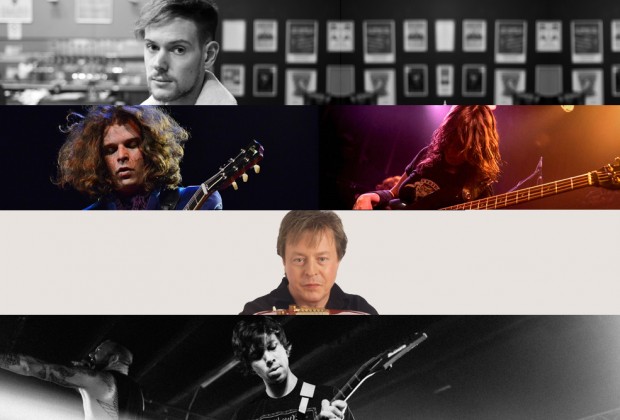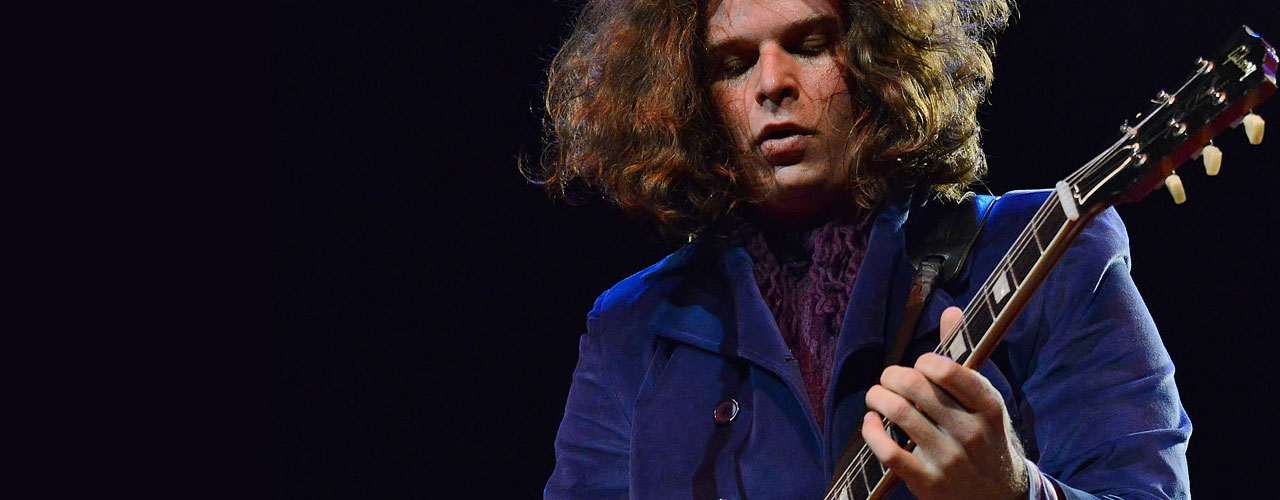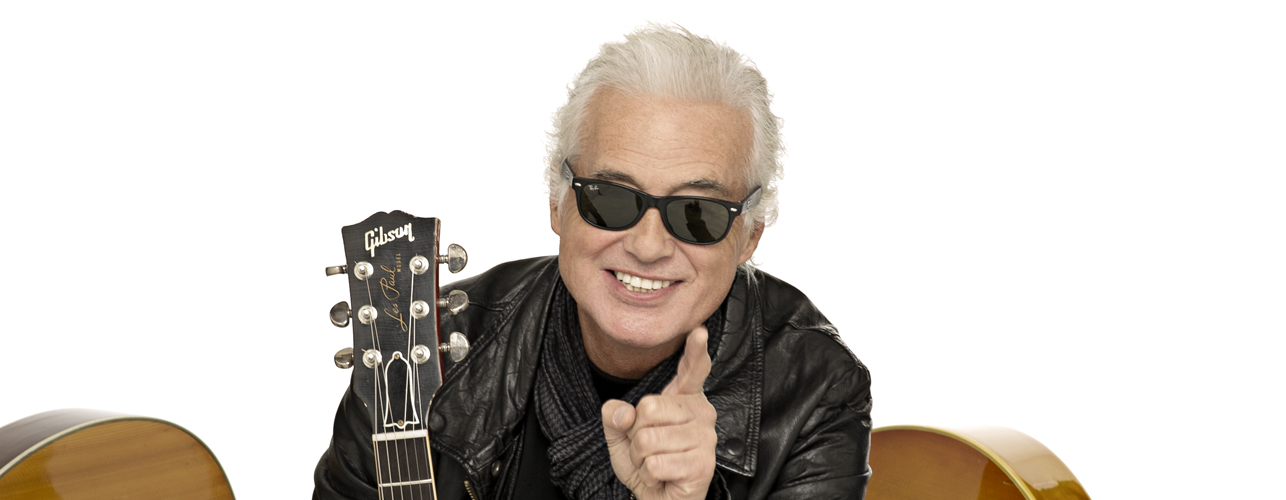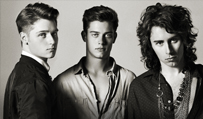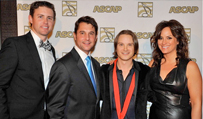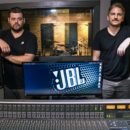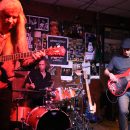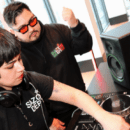J.D. Simo
Contact: Jon Bleicher, jon@mascotlabelgroup.com
J.D. Simo is a young, up-and-coming guitarist who has been steadily rising to prominence on the Nashville scene for several years now. Recently he and his trio of bassist Elad Shapiro and drummer Adam Abrashoff signed a deal with Mascot Records. Their debut release is Let Love Show the Way.
How did you develop such a professional work ethic?
Just playing. I dropped out of high school when I was 15 and went on the road full-time. And I basically lived on the road until I was 21 and moved to Nashville. I started gigging in bars and stuff when I was eight and nine years old. I was just sitting in with people. At eight and nine it’s obviously a ridiculous novelty. And it was not something that I enjoyed. I wanted to be older and just play. My parents were very encouraging, but I don’t come from a musical family. They are a bunch of athletes. I just fell in love with music really early. I asked for a guitar at age four or five. By the time I was 12 I was gigging at least a couple times a month. By the time I was a sophomore in high school I knew what I wanted to do.
Early influences?
When I was four years old I saw Elvis Presley on television and fell in love with him. I thought he was the coolest cat that ever lived and his guitar player Scotty Moore really knocked me out. That was the initial thing. And, as you know, music is like a family tree. You fall in love with one person and it leads you to thousands of others. Elvis was like the first stake in the ground and then here’s Jerry Lee Lewis, Fats Domino, Little Richard, Gene Vincent, Buddy Holly and all that ’50s stuff.
And then it just fanned out from there where I became in love with The Beatles, The Rolling Stones, all the British groups and Hendrix. And then when I got into my teens I started listening to jazz, which is what I listen to now more than anything. I love tenor sax players like Coltrane, Yusef Lateef and then others like Miles, Ornette Coleman, Wayne Shorter and Cannonball Adderley. I like some classical music, too. It’s pretty endless for me.
Your top gear?
It changes all the time, but I’ve got a 1962 335 that, actually, Gibson is coming out with a signature model of this summer. I have a prototype of it and have been loving it a lot on our current tour. And I’ve got a 1960 Les Paul Standard that’s been on loan to me for years from a collector friend of mine. I’ve got a 1959 Fender Stratocaster that I play occasionally. I’ve also got an old 1962 Gibson Dove acoustic that I play sometimes. For amplifiers I’ve got several old late-’60s Marshalls. I don’t use pedals except a wah-wah on occasion. And for strings, D’Addario has always been good to me. I like their 91/2 gauge. They sound better than the 10’s, especially on a Gibson. They’re a little less muddy, I think.
How have you become better at your craft?
I adhere to the principle that you have to play. There’s nothing that can take the place of hours on a bandstand. And that’s regardless of if there’s one drunk guy out there sitting at the bar or thousands of people out there. All of my heroes who I think are amazing got that way; it’s the 10,000 hours thing. What we do in our group is purely improvisational. That, to me, at its best is when you have years and years of incredible discipline. And then you rely on that to be free. And that, to me, is the goal of what I’ve tried to attain every night.
Live performance highlights, lowlights?
Last year we opened up a string of shows for Gregg Allman. That first time playing the Ryman Auditorium—which is one of the most revered venues in the world—but I walked by that venue a couple thousand times walking to Robert’s. I always dreamed of playing in that building. And to be finally playing in that building, playing my own music in front of a hero of mine, was a big moment for me for sure.
And then, conversely, I was 16 years old at the time and was on the road with this pickup band. And we were playing a stretch of shows at this bar in Provo, Utah. I always ran into problems for being underage, but I could usually talk my way out of it. I would always assure the venue that I was just there to play music and I wouldn’t drink or endanger their liquor license. And this bar manager was having none of it. So, her solution was to put me outside on the patio. But my amp was still on the stage. We tied a bunch of cables together so it would reach outside. So I’m standing outside looking through these glass doors. And then she got these orange cones—like for a parking space—and sets up these cones and ties them together with caution tape to make this little square for me to stand in. And I played the whole night that way.
Advice to aspiring players?
From a playing aspect, one of the most important things is their vibrato. I’ve seen it in younger generation players where they haven’t spent the time with that, that they ought to. To me the most important thing with any musician are the little nuance things. If you’ve got really good tone in your hand, you’ve got really good phrasing and a good vibrato. That’s your foundation that you can pile a lot of complex and clever stuff on top of. And remember that the goal is to make music.

